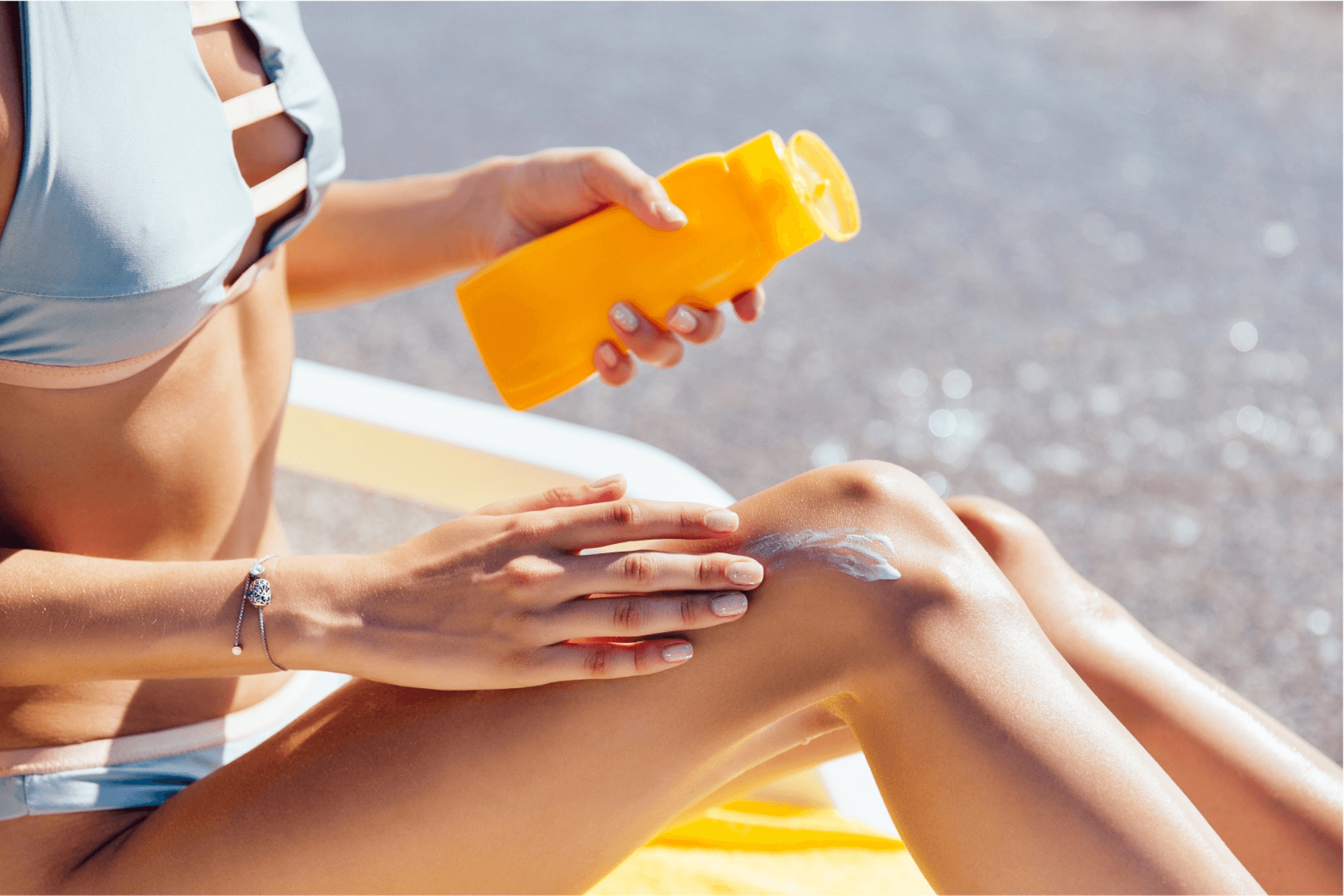
According to the Skin Cancer Foundation, skin cancer is the most common cancer in the United States. About 90% of non-melanoma skin cancers and 85% of melanoma cases are associated with exposure to UV radiation from the sun.
Despite these alarming statistics, many people still avoid using sunscreen because they believe it will destroy their vitamin D levels. According to a study conducted by researchers at King's College London, however, that is not true! The researchers found no difference between the vitamin D levels of children who regularly used sunscreen and those who did not.
The truth is that our skin works to protect us from harmful ultraviolet radiation, which is why we should use sunscreen to protect us from damaging UV rays. Even on cloudy days, our skin is susceptible to the sun's rays which can lead to skin cancer, discoloration, and wrinkles over time.
The American Academy of Dermatology recommends using a broad-spectrum (UVA/UVB) sunscreen with an SPF of 30 or higher every day. Broad-spectrum protects against both UVA and UVB rays. UVA rays prematurely age your skin while UVB cause sunburns. SPF 30 blocks 97% of UVB rays while SPF 50 blocks 98%.
Most people know that sunscreen is important to protect their skin from the sun’s damaging rays. But did you know sunscreen also helps your skin stay healthy, soft and supple?
It’s true! Sunscreen not only protects your skin from the damaging effects of the sun, but it also reduces your risk for skin cancer and premature aging. Here’s why:
Sunscreen can help prevent wrinkles
While it’s true that genetics play a role in whether or not someone will develop wrinkles, sun exposure can speed up the process — making them more pronounced. The more time you spend in the sun unprotected, the faster your body produces collagen (a protein that helps keep your skin firm and elastic) which results in wrinkled, sagging skin.
Sunscreen can help prevent discoloration
Overexposure to the sun can also make your skin appear dull and discolored over time which is why many people experience age spots on their skin. To avoid this, use a broad spectrum sunscreen with an SPF of at least 30 to protect your skin when going outside. Remember to reapply every two hours (or after swimming or sweating heavily).
Here are five things you need to know about sunscreen and sun protection:
1. The bigger the SPF number, the better your protection from UVB rays. However, no sunscreen can block all UVB rays and UVA rays have also been shown to cause damage that leads to skin cancer.
2. Sunscreens are absorbed by the body, which means they can have side effects for people with certain conditions or allergies. Always check with your physician to make sure it's safe for you to use a particular sunscreen product before putting it on your body or on a child's body.
3. Apply sunscreen liberally and often. You should apply it at least 15 minutes before going out into the sun, so that it has time to penetrate your skin's surface and start working its magic
